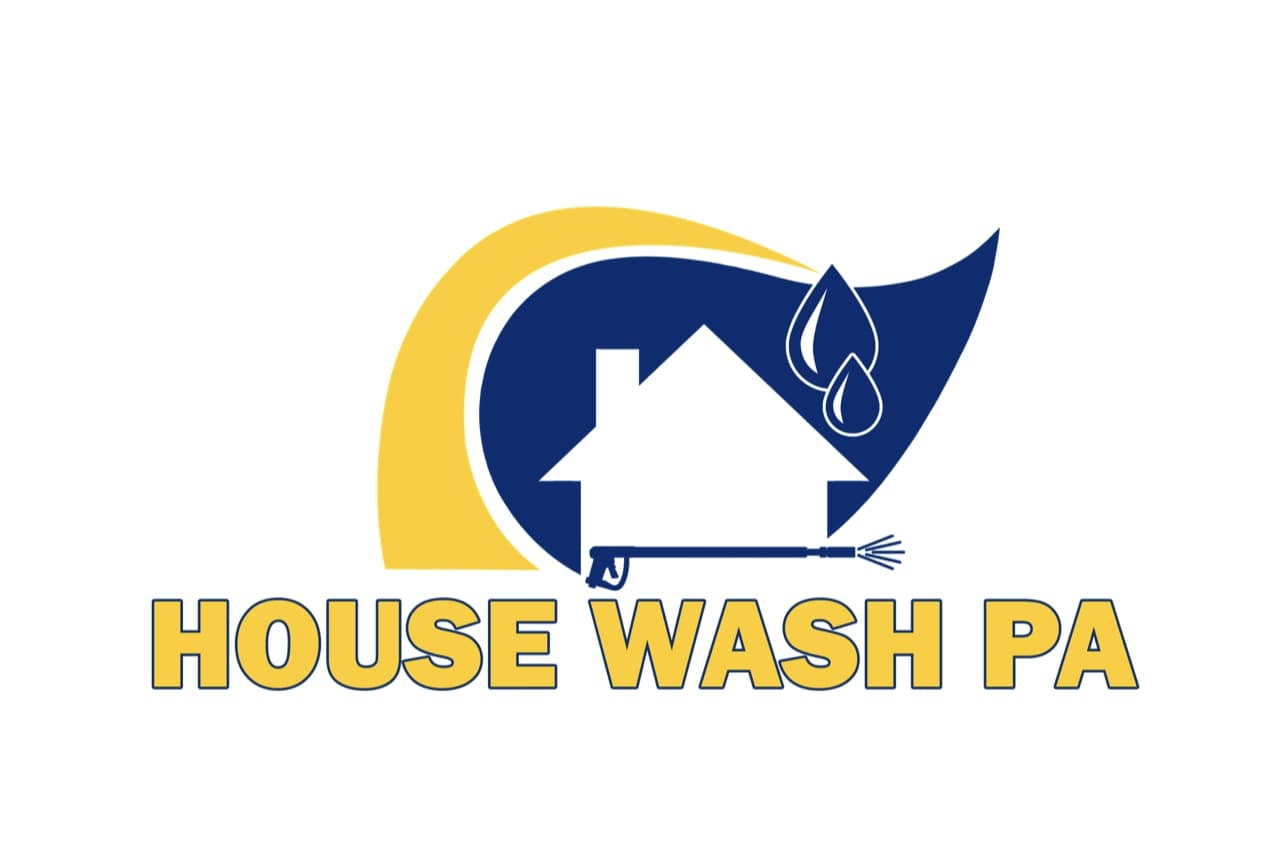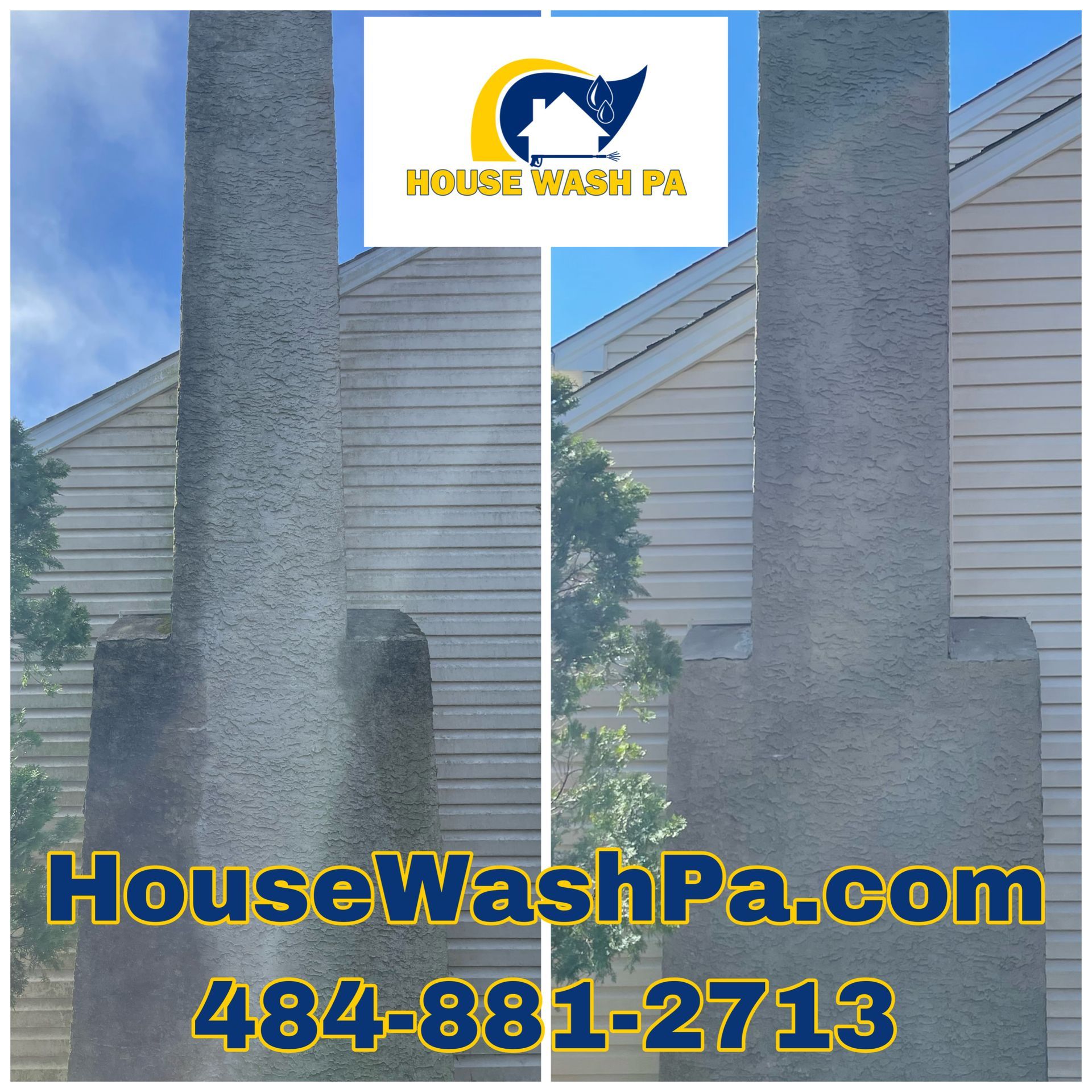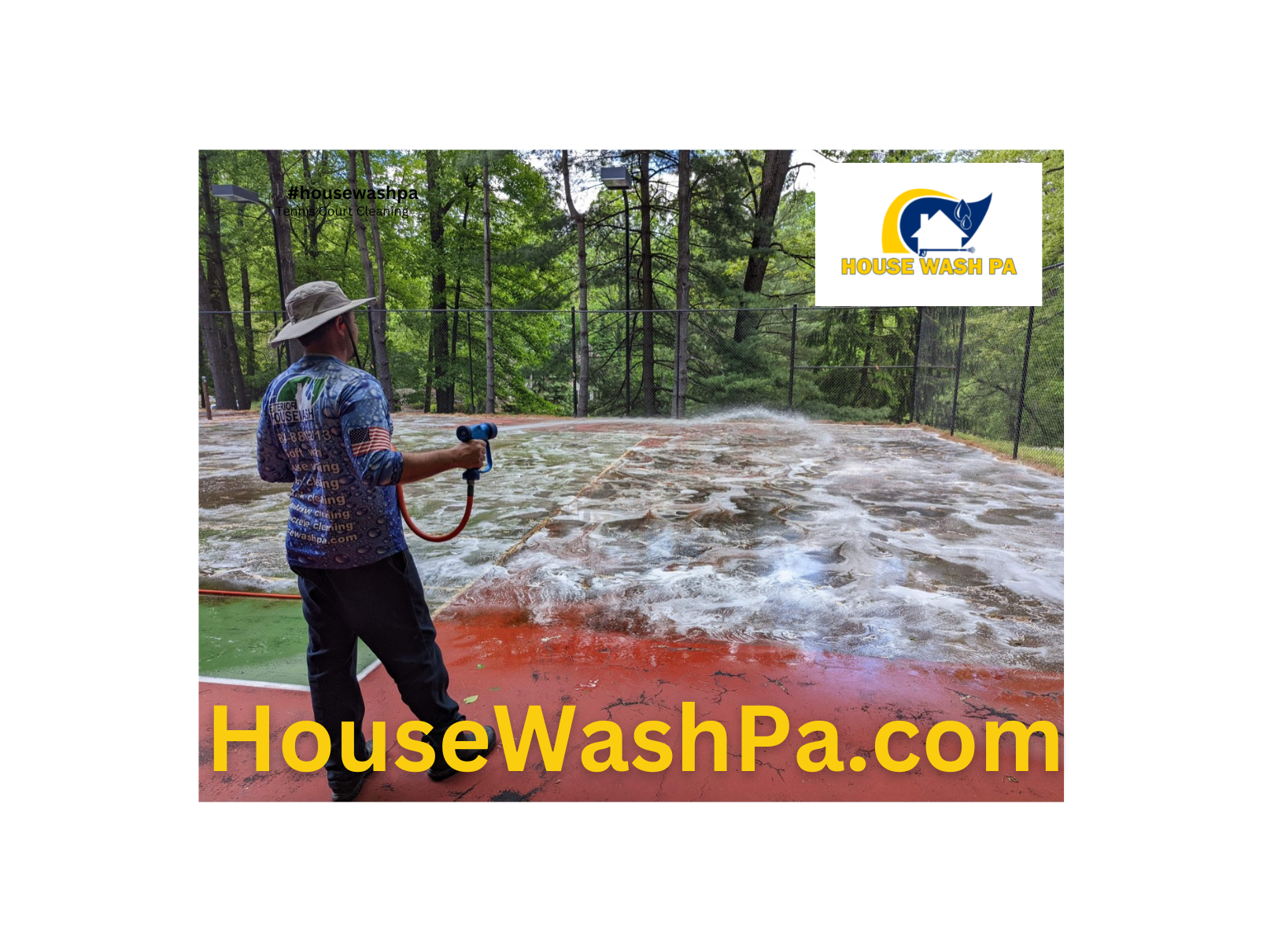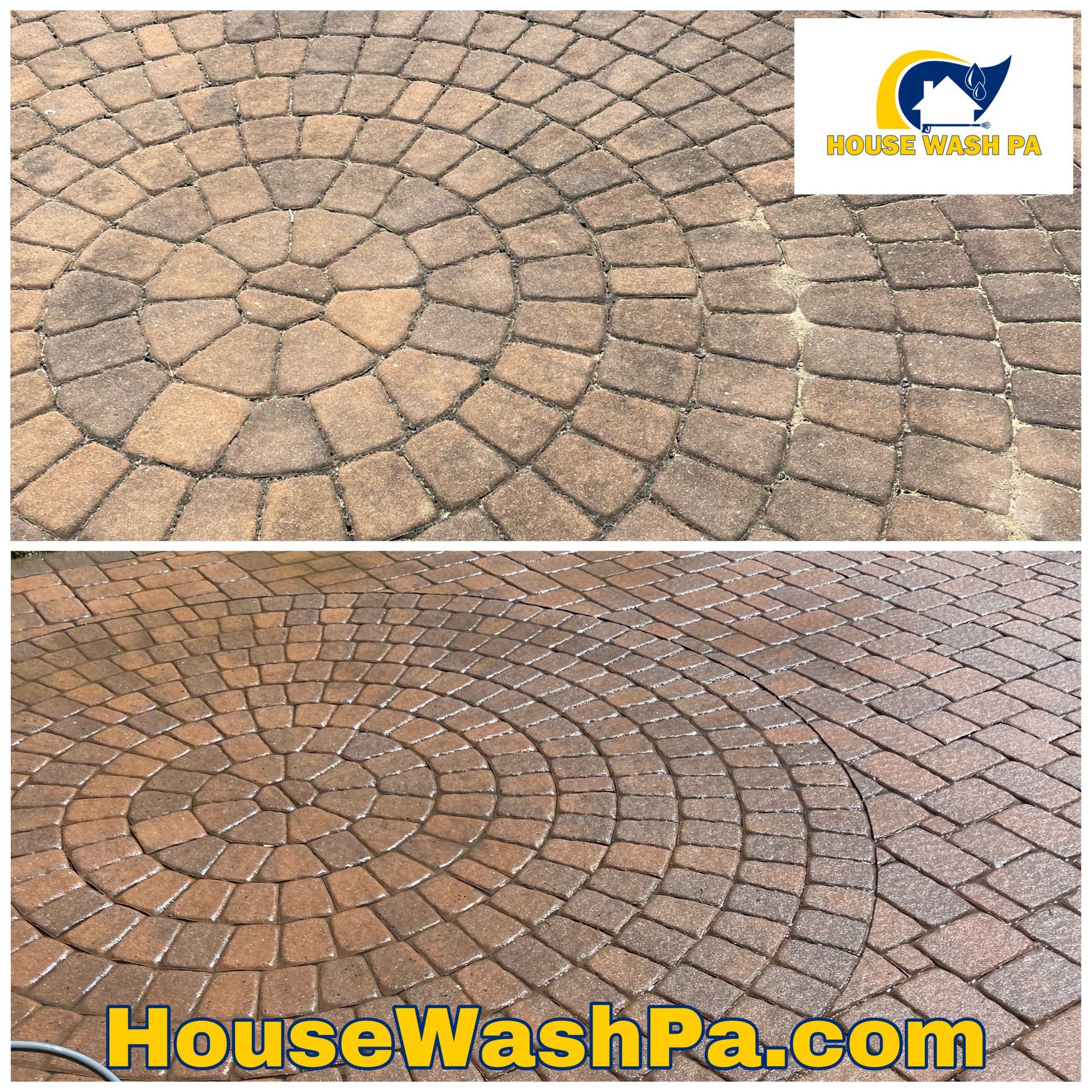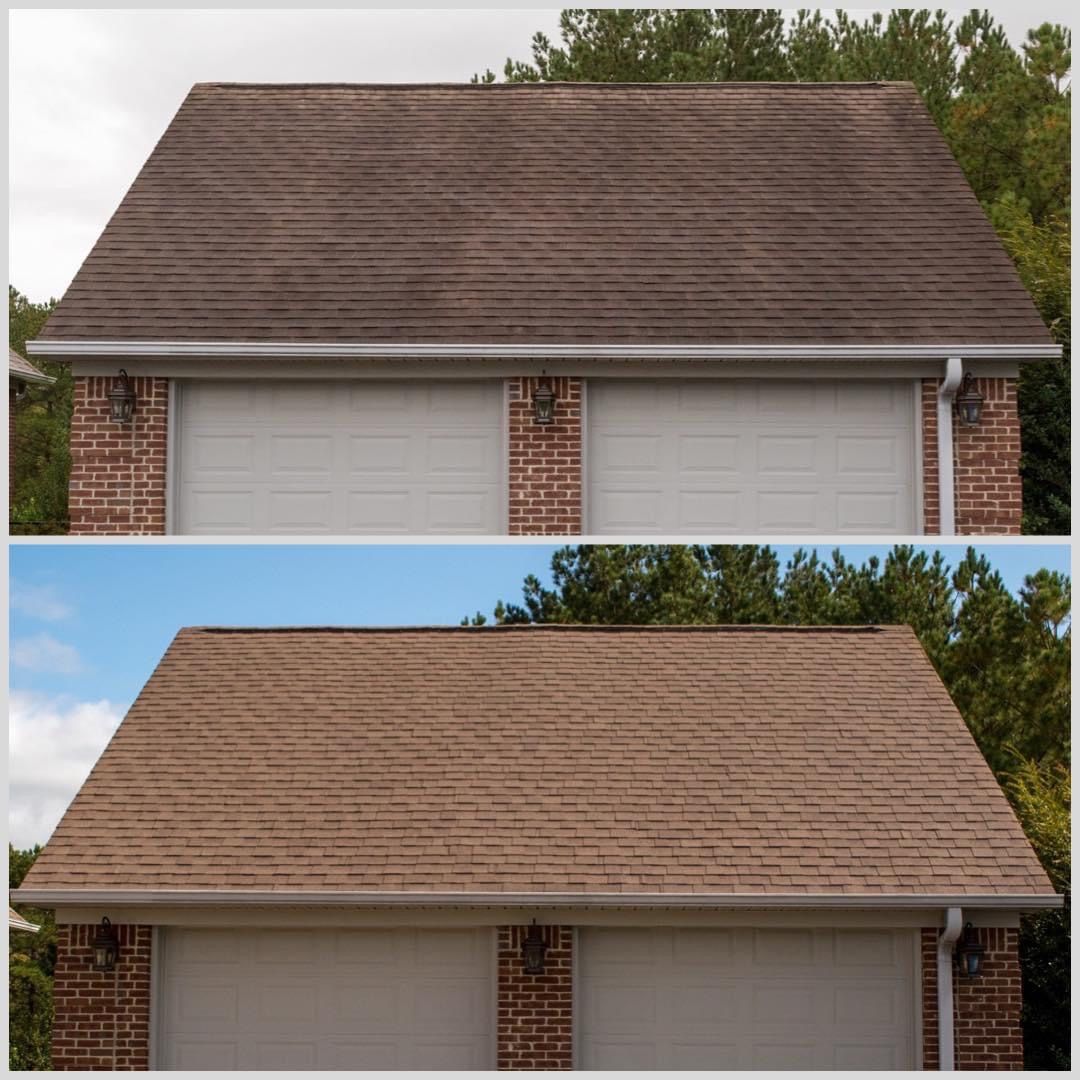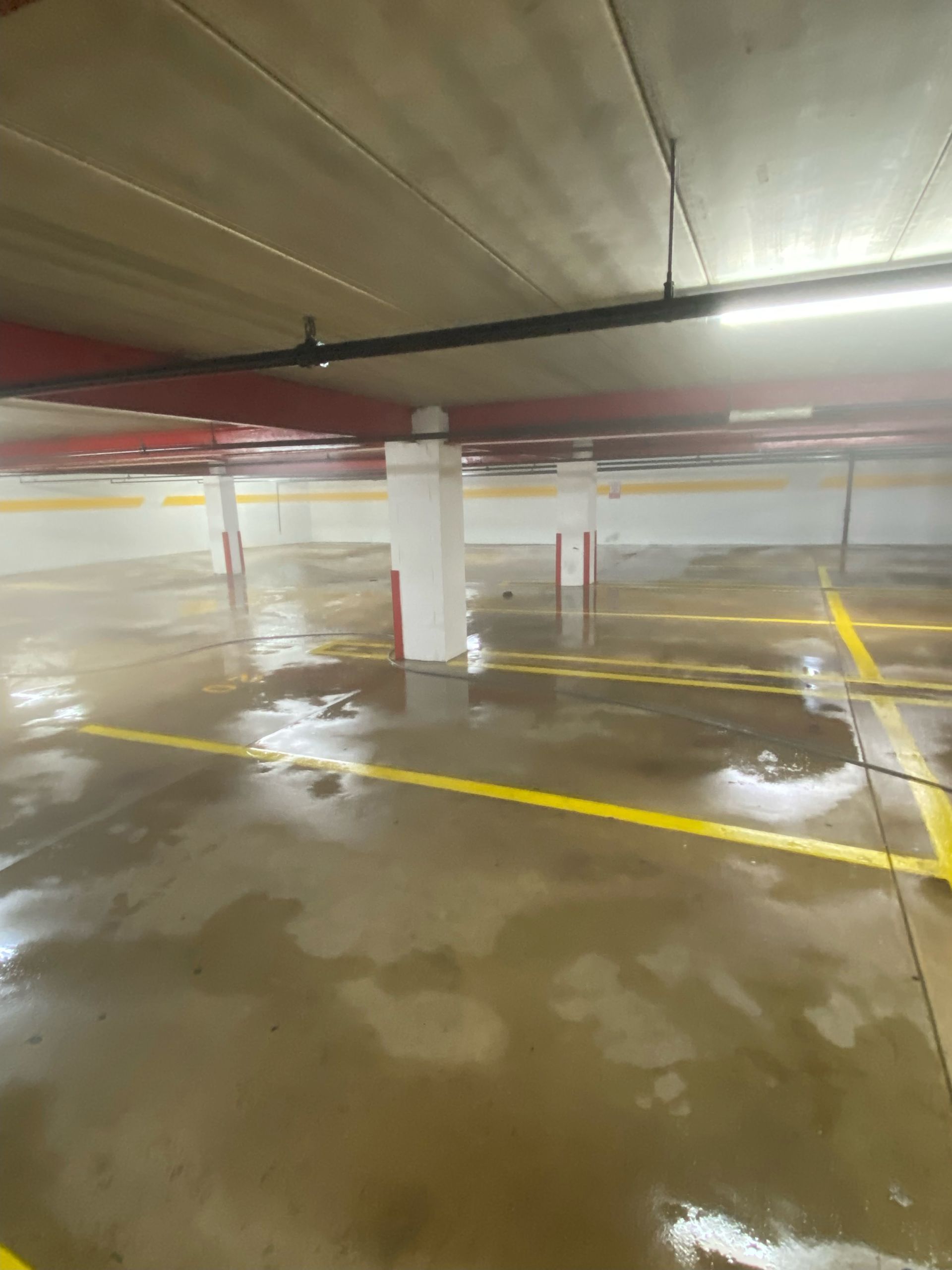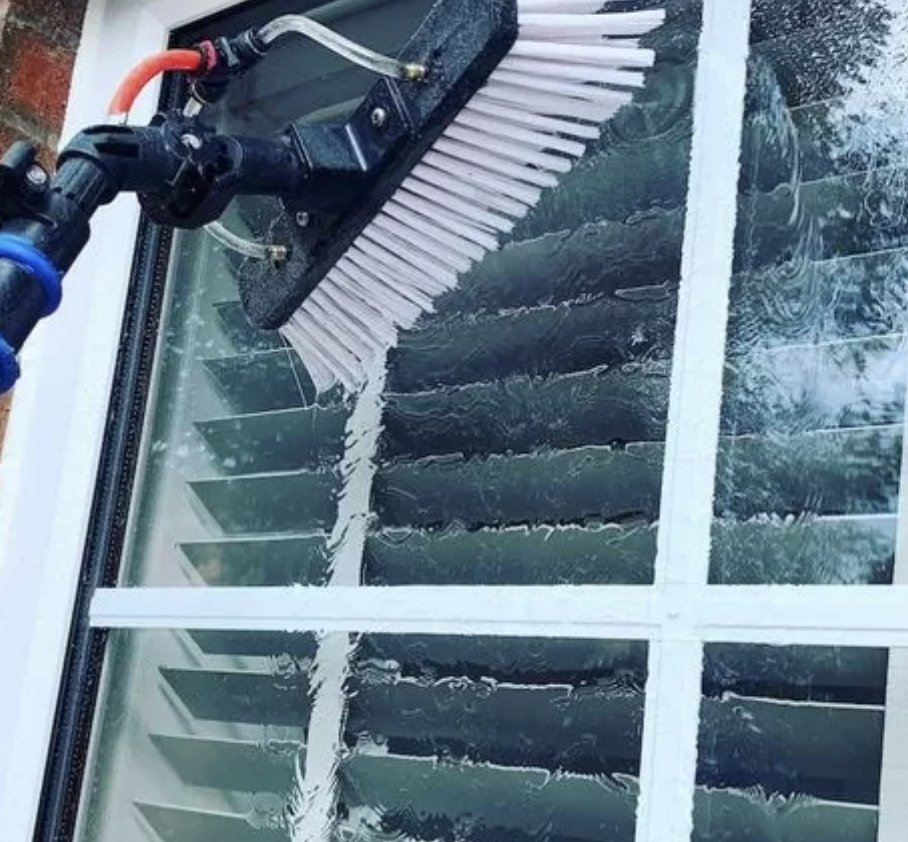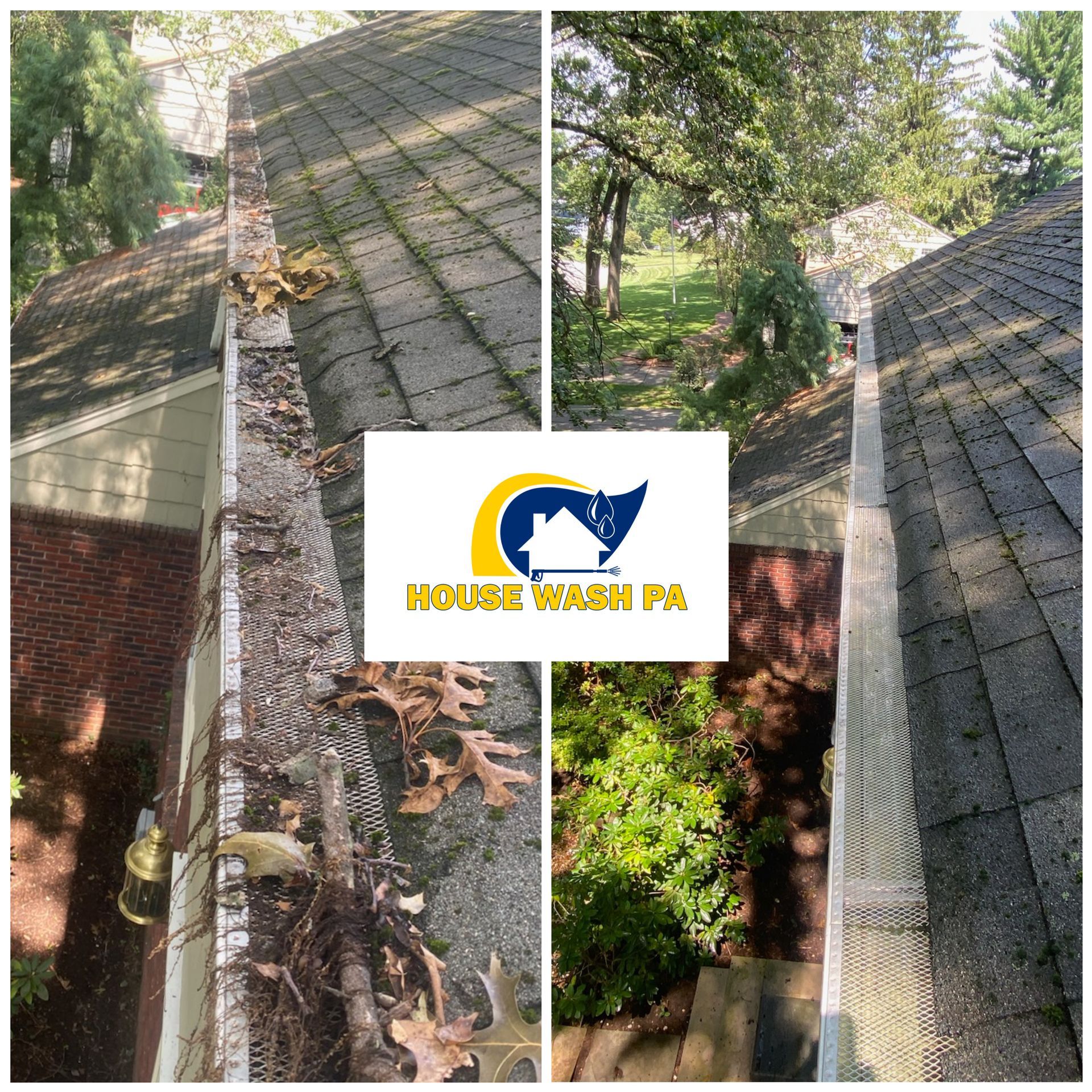Sealing Pavers Can Have Many Benefits

Before sealing, cleaning and maintenance are essential.
You can seal pavers yourself or hire a professional. Sealing pavers can protect them from stains, insects, and UV rays. This will extend the life of your pavers, and keep them looking better for longer.
Seals are invisible layers that act as a barrier against oil, water and other elements. Sealants make it easier to clean pavers by blocking dirt or debris. There are many different types of sealants, each with its own unique properties. Some sealants are made specifically for pavers while others can be used to protect brick or concrete. A professional can help you choose the right sealant to protect your pavers, depending on your specific situation.
You can clean pavers by using a low pressure sprayer and then soaking them in water. A broom can be used to clean the pavers. You can seal the pavers with a long-handled roller brush once they are saturated. You should note that using a wire bristled brush for cleaning pavers can scratch them.
Re-sanding pavers is also an option. Sand in joints can cause them shift. It may be necessary to replace the sand by a polymeric sand. You can keep your pavers looking great with a simple pressure washer.
A surface cleaner can be used to clean pavers. After the pavers have dried, you can move furniture and potted plants.
A non-acidic cleaning solution is also an option. These cleaners can be used to clean pavers without damaging your seal. Before applying specialty cleaners, you should test them first.
You can also use a squeegee to remove excess sealer. Be careful not to spray your plants and pavers too much. Protective gear and clothing should be worn.
A qualified contractor will apply the best paver sealing solution. These contractors have the expertise and equipment necessary to complete the job correctly.
Water-based sealers can enhance color
A water-based sealer can be used to enhance the color of pavers. These sealers are a mixture of water and emulsifiers that create a bond with your substrate. These sealers are safer to use. These sealers are easier to use than solvent-based ones because they tend to be thinner. They are also easier to use.
You will need to clean your pavers before sealing them. This will keep any debris from getting trapped in your paver. You must also ensure that the surface is dry. Allow the surface to dry for at most 45 minutes. You will need to remove any water from the surface if it is still damp.
You should choose a water-based paver sealing product that suits your surface. You should find a sealer that is compatible with all substrates. It is also important to think about how long the product will stay in place. You may choose a long-lasting sealer if you have a driveway or patio. A sealer that protects against UV fading is also important.
Acrylic is the most popular solvent-based sealer. Acrylic sealers are simple to apply and give off a shiny finish. They can be scratched and are sensitive to moisture.
Polyurethanes are also available. These are more expensive than acrylics but offer better protection and are stronger. These products come in both solvent-based and water-based versions.
There are many sealers available that can be used on brick and concrete. The color you choose can match your existing surface. It will protect your pavers from discoloration by acting as a barrier. It is resistant to oil, stains, and UV fading.
To apply the sealer, you can either use a sprayer or garden sprayer. To apply the sealer, you can also use a squeegee. You can also test the sealer on a small area to determine its durability.
Solvent-based sealers reduce deterioration
Sealing pavers to prevent them from deteriorating is an important maintenance task. It protects pavers from damage by water, freeze-thaw cycles, mold, and other factors. It prevents pet accidents and spillages.
There are many kinds of sealers available. Some are water-based while others are solvent-based. Both offer long-lasting protection against the elements. Choose the sealer that best suits your needs.
A solvent-based sealer will give concrete a glossier look. It is easier to keep your concrete's original color. It is not meant to replace regular maintenance. After a year, you may have to apply your sealer again.
Be sure to read the warnings before you buy a sealer. Some can be dangerous to use. These VOCs can pose a danger to your health. Proper ventilation is required for these products. The sealer should be kept in a secure, safe place.
Check the manufacturer's guarantee if you have concerns about the durability of your sealer. A sealer should last at least two years, as most manufacturers will guarantee it. Properly maintaining pavers can extend the life of your sealer.
Sealer can improve the appearance of concrete. You can give your concrete a matte or glossy finish. It can also improve abrasion resistance.
You can protect your pavers against UV light with a sealer. Your pavers can be damaged by UV light if they are not treated. Keep the sun off of your pavers or, if they are placed next to windows, cover them with a shade.
A water-based sealant should not be used on damp surfaces. A glass of water can be used to test the water-based adhesive. The solution should dry for at least 24 hours.
Solvent-based sealers can be flammable. It is best to keep containers out of direct sunlight, heat, and sparks. Local regulations regarding disposal of the product are also suggested.
Water-based sealers are safer to use. It's also easier to use.
Signs your pavers require resanding
Resanding and sealing are essential to keep your pavers looking great. This will prevent mold and moss from growing on your pavers. This protects your pavers against the elements.
Sealing your pavers is a good idea if they are stained, discolored or dull. Your pavers will need to be resanded and sealed every three to four year. Permanent stains could result if you don't do it. You might need to seal your pavers more often if they are located in areas that get a lot of rainfall.
Your pavers will become darker after heavy rain. The sheen of darker colors will be higher. This is not a sign that the sealant has failed. This is a sign your pavers were exposed to moisture for a few hours.
An acrylic-based semitransparent concrete stains can be used to revitalize your pavers. They can be used in the same way as paint. This will give your pavers a new appearance. A professional can help you determine if your pavers require resanding and sealing. They'll have all the tools and know the best techniques. You can save a lot of money over the long-term.
Protective clothing is recommended if you decide to seal and sand your pavers by yourself. You will be able to seal the pavers with it. To avoid getting fumes, you will need gloves.
It is crucial to follow manufacturer's instructions when sealing your pavers. It is best to work in a well-ventilated place. Sealant should be applied to all crevices on your pavers. You can soak up any excess sealant by using a dry roller.
You can sand and seal pavers yourself or hire professionals. However, it is important to inspect pavers for any sanding issues. This will help you get the best out of your pavers. If you are looking to have pavers clean, sanded and sealed and live in Southeastern PA, or Northern Delaware contact House Wash PA at 484-881-2713. #housewashpa

